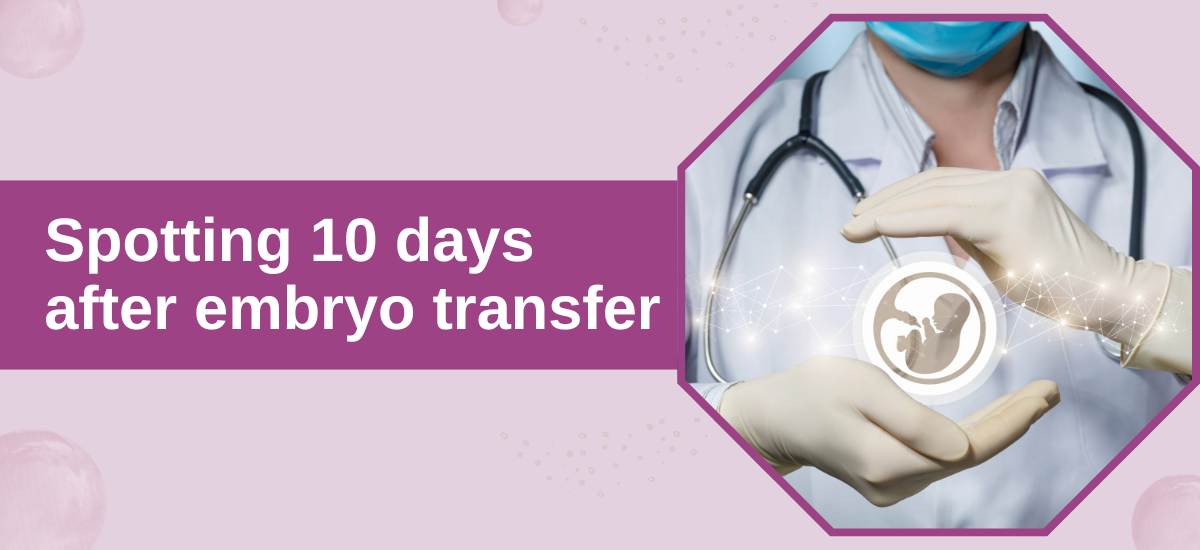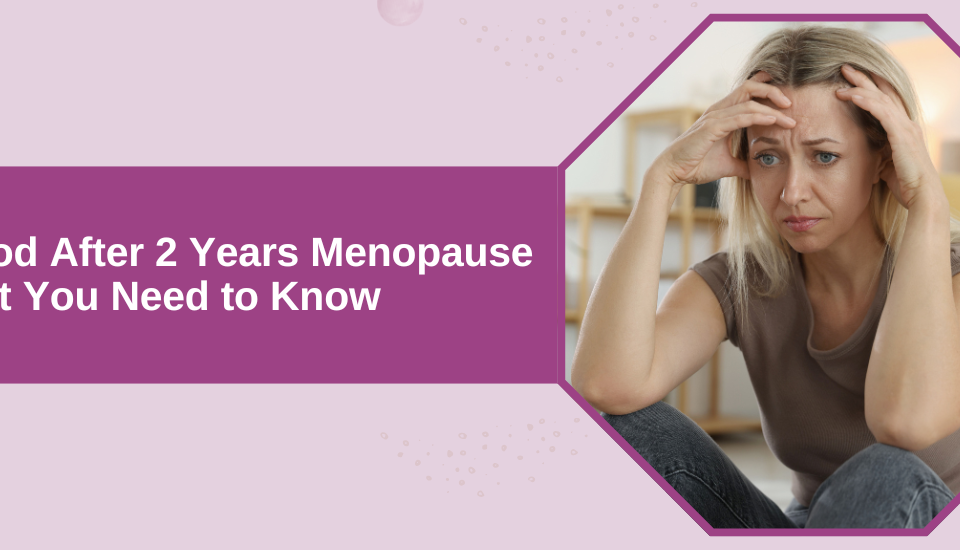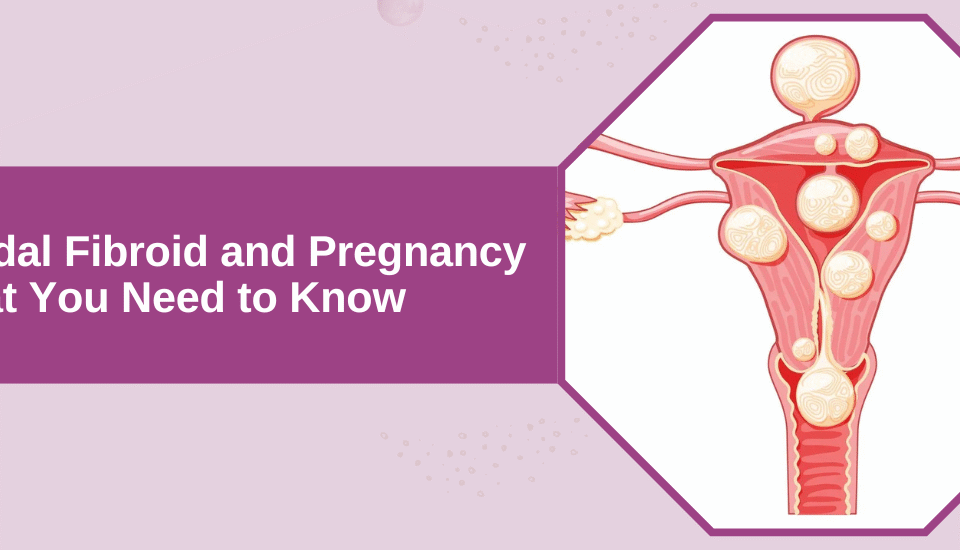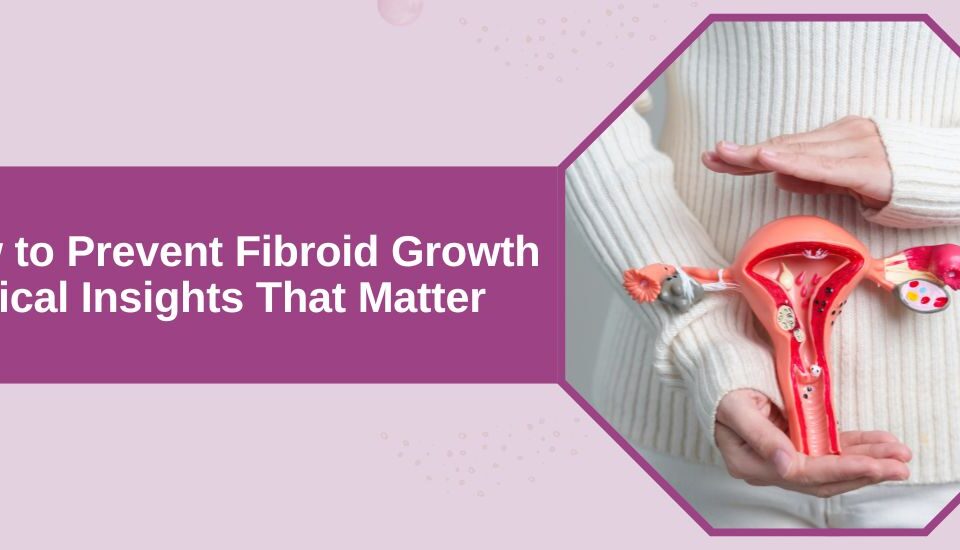- Have any questions?
- +91-98717 17305
- babiesandus12@gmail.com
Spotting 10 Days After Embryo Transfer: What It Means

IUI With 2 Follicles
August 10, 2024
No Spotting After Embryo Transfer
September 12, 2024Experiencing spotting 10 days after embryo transfer can be concerning for women undergoing IVF treatment. This unexpected bleeding can lead to anxiety and raise questions about the success of the procedure. Spotting can result from various factors, and understanding these causes is essential. Addressing any concerns with a specialist is necessary to ensure the best possible outcome.
Babies & Us IVF Center in Mumbai specializes in fertility treatments with a team of experienced IVF doctors dedicated to supporting patients throughout their journey. The clinic is known for its personalized care, advanced technology, and optimal results, ensuring patients receive the best possible treatment and support.
Are you worried about 10 days after embryo transfer bleeding? Keep reading to find out more!
Is spotting 10 days after embryo transfer normal? Should I worry?
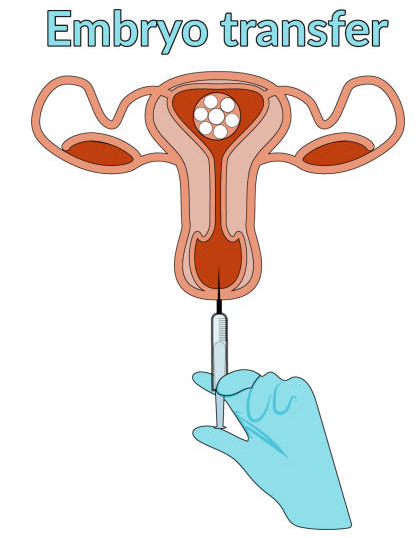
Spotting 10 days after embryo transfer can be normal and is often related to implantation. During this time, the embryo attaches to the uterine lining, which can cause light bleeding or spotting. This is generally not a cause for concern and can be a positive sign that implantation is occurring.
However, it’s essential to monitor the spotting closely. If the bleeding becomes heavy or is accompanied by severe pain, it might indicate other issues that require medical attention. In such cases, consulting a fertility specialist is crucial to rule out complications and ensure the patient’s and embryo’s health and safety.
Understanding that spotting can be a normal part of the process can help ease some anxiety. It’s always best to stay informed and communicate concerns with your fertility clinic.
Need advice on spotting after embryo transfer? Consult a seasoned professional for expert guidance.
Let’s uncover the reasons behind spotting after embryo transfer.
What causes spotting 10 days after embryo transfer?

- Implantation Bleeding: It is one of the most common causes of spotting after embryo transfer. This occurs when the embryo attaches to the uterine lining, causing slight bleeding.
- Hormonal Changes: The body undergoes significant hormonal changes during IVF. These changes can sometimes cause spotting or light bleeding.
- Medications: Fertility medications used during IVF can also lead to spotting. It’s important to discuss any side effects with your specialist.
- Procedure-Related Factors: The transfer procedure itself might cause minor trauma to the cervix or uterine lining, resulting in spotting.
- Early Pregnancy Loss: In some cases, spotting can be an early sign of miscarriage.
- Ectopic Pregnancy: Although rare, spotting can indicate an ectopic pregnancy, which requires immediate medical attention.
- Underlying Conditions: Conditions like polyps or fibroids can also cause spotting and should be monitored by a healthcare expert.
Concerned about what to do when spotting occurs after embryo transfer? Here’s what you should do.
What should I do if I notice spotting 10 days after embryo transfer?

- Stay Calm: It’s essential to stay calm and not panic. Spotting can be a normal part of the process and doesn’t always indicate a problem.
- Monitor the Spotting: Track the spotting, noting its colour, amount, and frequency. Note any other symptoms, like pain or cramping.
- Avoid Strenuous Activities: Rest and avoid heavy lifting or strenuous activities.
- Contact Your Clinic: Inform your fertility specialist about the spotting. They can provide guidance on whether you need to come in for a check-up.
- Follow Medical Advice: Adhere to any instructions given by your fertility specialist. They may recommend rest or adjustments to medication.
- Avoid Self-Medicating: Avoid taking any additional medications without consulting your specialist.
Need guidance on post-transfer spotting? Consult a specialist for personalized advice and comprehensive care. Book your appointment now!
Wondering about other symptoms post-embryo transfer? Here’s what to look for.
Other symptoms after 10 days of embryo transfer

Common symptoms after embryo transfer often include:
- Cramping: Mild cramping can occur due to implantation.
- Breast Tenderness: Hormonal changes can cause breast tenderness or sensitivity.
- Fatigue: Increased progesterone levels can lead to feeling unusually tired.
- Nausea: Some individuals may experience nausea as an early sign of pregnancy.
- Mood Swings: Hormonal fluctuations can result in mood swings or emotional changes.
Conclusion
Spotting 10 days after embryo transfer can be concerning, but it’s often a normal part of the implantation process. Understanding the causes and knowing when to seek medical advice can help manage anxiety. Consultation with a specialist can provide personalized guidance and support, ensuring the best possible outcome for your IVF journey.
At Babies & Us IVF Center in Mumbai, patients receive expert care and support throughout their fertility treatment. With a dedicated team of seasoned professionals and advanced technology, the clinic offers comprehensive treatment and personalized attention.
Experiencing spotting after embryo transfer? Consult an expert to understand the causes and get appropriate care. Book your appointment today!
Frequently Asked Questions:
Can spotting after embryo transfer indicate pregnancy?
Spotting after embryo transfer can indicate pregnancy. This is often due to implantation bleeding that occurs when the embryo attaches to the uterine lining.
Is heavy bleeding after embryo transfer day 10 normal?
Heavy bleeding after embryo transfer day 10 is not considered normal and should be evaluated by a specialist. It can indicate a potential issue that needs medical attention.
How long does spotting last after embryo transfer?
Spotting after embryo transfer typically lasts for a few days. If it persists beyond this or becomes heavy, consult your fertility specialist.
Should I worry if I don’t experience spotting?
Not experiencing spotting after embryo transfer is also normal and not a cause for concern. Every individual’s body reacts differently to the procedure.
How to differentiate between spotting and bleeding?
Spotting is usually light and can be brown or pink, occurring intermittently. Bleeding is heavier, more continuous, and typically bright red, indicating a need for medical evaluation.
Does spotting mean the embryo didn’t implant?
Spotting does not necessarily mean the embryo didn’t implant. It can be a normal part of the implantation process and does not determine the success of the embryo transfer.
Is spotting a sign of a successful IVF process?
Spotting can be a sign of a successful IVF cycle as it may indicate implantation bleeding. However, its absence does not mean the cycle was unsuccessful.
Reference links:
https://www.embryo.net/post/spotting-after-ivf-should-you-be-concerned

